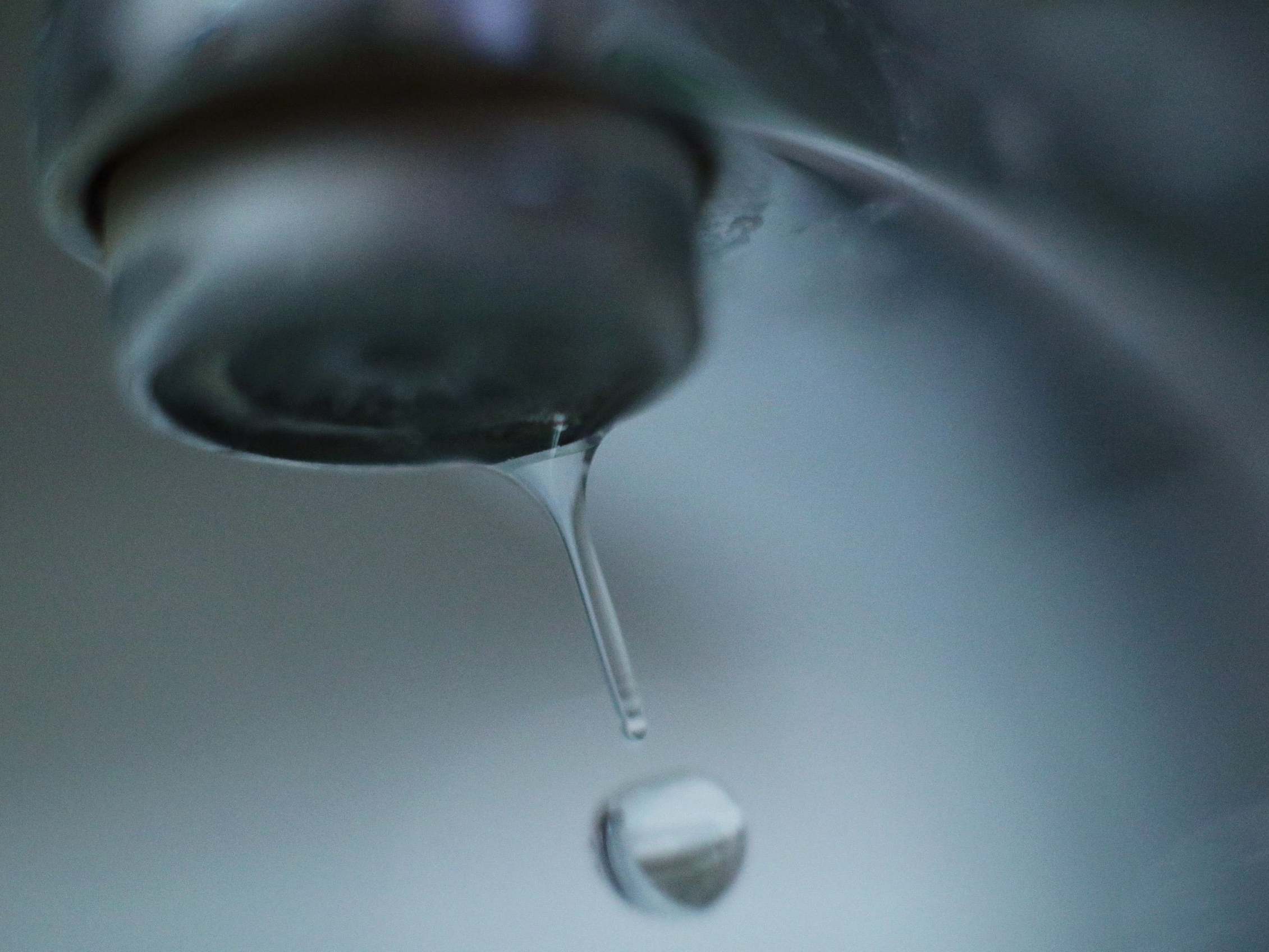England’s water supply could run out in 20 years, MPs warn
'Empty words on climate commitments and unfunded public information campaigns will get us where we’ve got the last 20 years – nowhere,' says committee

Your support helps us to tell the story
From reproductive rights to climate change to Big Tech, The Independent is on the ground when the story is developing. Whether it's investigating the financials of Elon Musk's pro-Trump PAC or producing our latest documentary, 'The A Word', which shines a light on the American women fighting for reproductive rights, we know how important it is to parse out the facts from the messaging.
At such a critical moment in US history, we need reporters on the ground. Your donation allows us to keep sending journalists to speak to both sides of the story.
The Independent is trusted by Americans across the entire political spectrum. And unlike many other quality news outlets, we choose not to lock Americans out of our reporting and analysis with paywalls. We believe quality journalism should be available to everyone, paid for by those who can afford it.
Your support makes all the difference.Some parts of England are at serious risk of running out of water within the next 20 years as the bodies responsible for the country’s water supply have “taken their eye off the ball”, MPs have warned.
A scathing report by the Public Accounts Committee said over three billion litres of water is lost to leakage every day and water companies have made “no progress” in reducing the problem over the last two decades.
The Department for Food, Environment and Rural Affairs (Defra), alongside Ofwat and the Environment Agency are responsible for the UK’s water supply. The report concluded Defra had shown a “lack of leadership in getting to grips with these issues”.
Meg Hillier, chairwoman of the committee, said: “It is very hard to imagine, in this country, turning the tap and not having enough clean, drinkable water come out – but that is exactly what we now face.
“Continued inaction by the water industry means we continue to lose one fifth of our daily supply to leaks.
“Empty words on climate commitments and unfunded public information campaigns will get us where we’ve got the last 20 years – nowhere.”
Efforts made by the government to encourage reductions in water consumption were described as “weak” in the report and “have achieved very little”. The committee is calling for annual league tables to be published by the end of the year showing water companies’ records in tackling leakage and reducing consumption.
The report drew upon work by the National Audit Office (NAO), which warned parts of the south and southeast of England are at the highest risk of running dry in the next 20 years in its water supply and demand management report in June.
The NAO also pointed out that Defra committed to announcing a personal water consumption target by the end of 2018, but has not yet done so.
MPs said due to the rising demand and falling supply of water, the Environment Agency now estimates England will need an additional 3.6 billion litres of water per day by 2050 to avoid shortages.
Defra “belatedly” set target to reduce leakage by a third by 2030 and half by 2050, they said, calling on the department and Ofwat to be “more proactive in ensuring companies meet leakage targets”.
The committee called for annual league tables to be published by the end of the year showing water companies’ records in tackling leakage and reducing consumption. They also said the government must be clear with water companies on how they should balance infrastructure investment with keeping customers’ bills affordable.
Ms Hillier added: “Defra has failed to lead and water companies have failed to act: we look now to the Department to step up, make up for lost time and see we get action before it’s too late.”
A spokesperson for trade body Water UK said: “We welcome the committee’s focus on an array of critical issues for our water supplies and across many areas the industry is making significant progress, with leakage down seven per cent this year to the lowest level since records began.
“Tackling leakage is one of the industry’s top priorities and we’re committed to halving it by 2050.”
Additional reporting by PA
Join our commenting forum
Join thought-provoking conversations, follow other Independent readers and see their replies
Comments